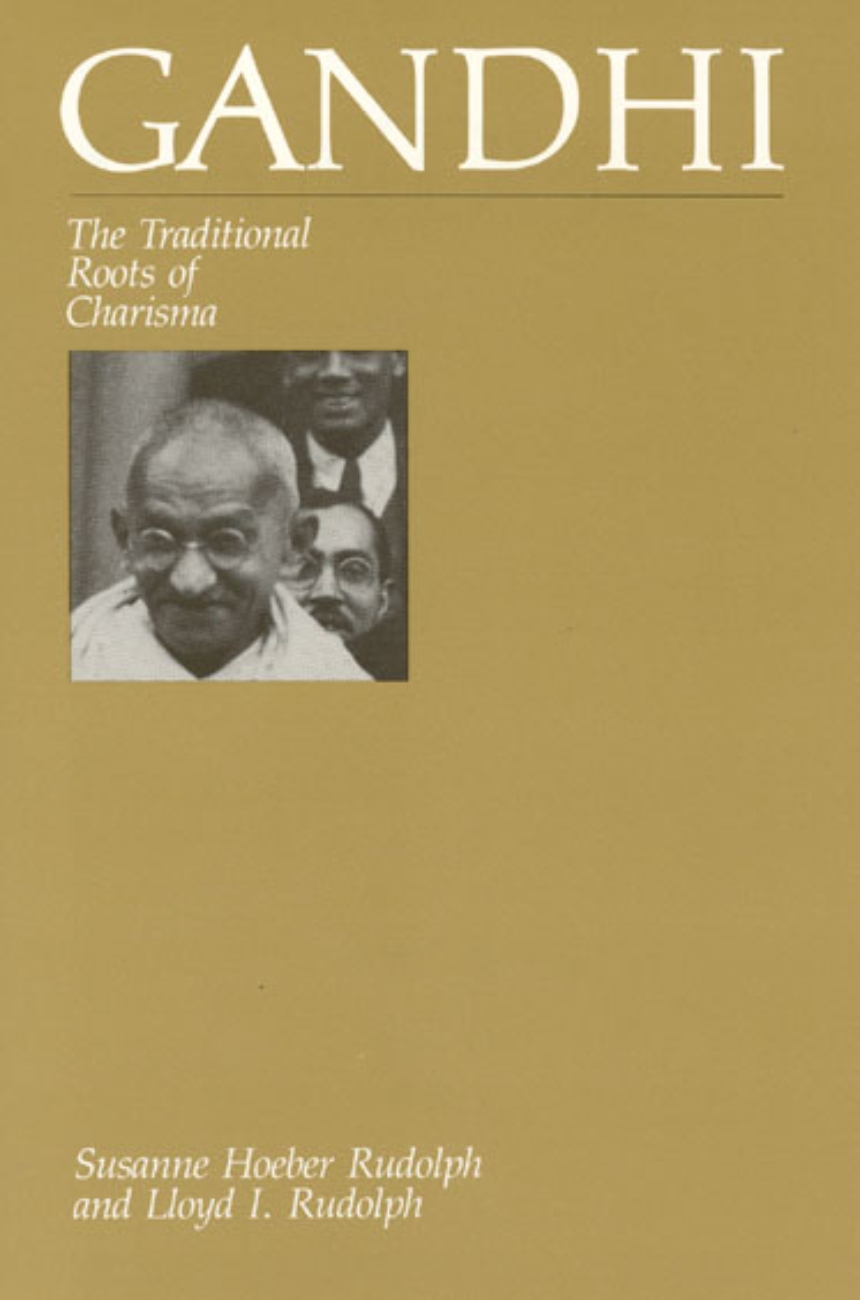Gandhi
The Traditional Roots of Charisma
The Rudolphs’ analysis reveals that Gandhi’s charisma was deeply rooted in the aspects of Indian tradition that he interpreted for his time. They key to his political influence was his ability to realize in both his daily life and his public actions, cultural ideals that many Indians honored but could not enact themselves—ideals such as the traditional Hindu belief that a person’s capacity for self-control enhances his capacity to control his environment. Appealing to shared expectations and recognitions, Gandhi was able to revitalize tradition while simultaneously breaking with some of its entrenched values, practices, and interests. One result was a self-critical, ethical, and inclusive nationalist movement that eventually led to independence.
104 pages | 5.25 x 8.00 | © 1983
Part 2 of The Modernity of Tradition
Asian Studies: South Asia
Political Science: Comparative Politics
